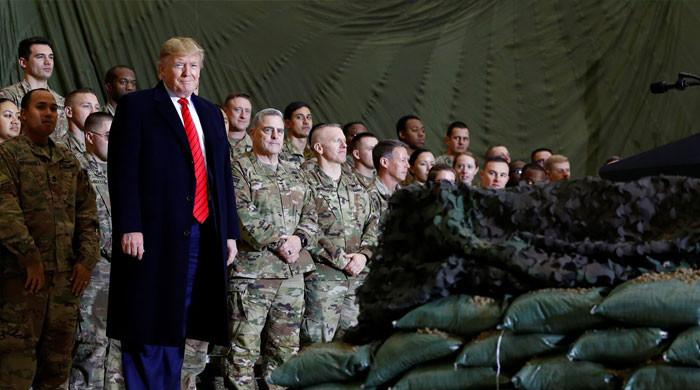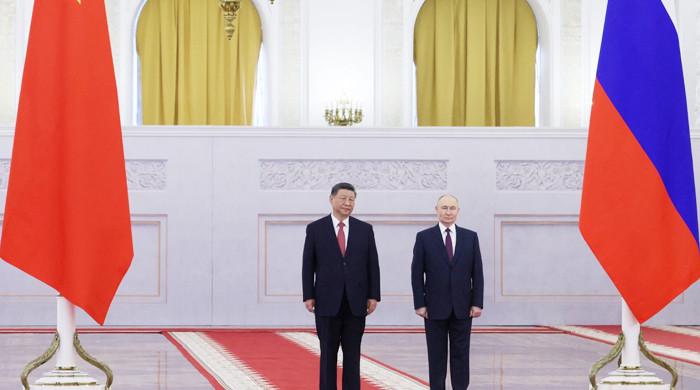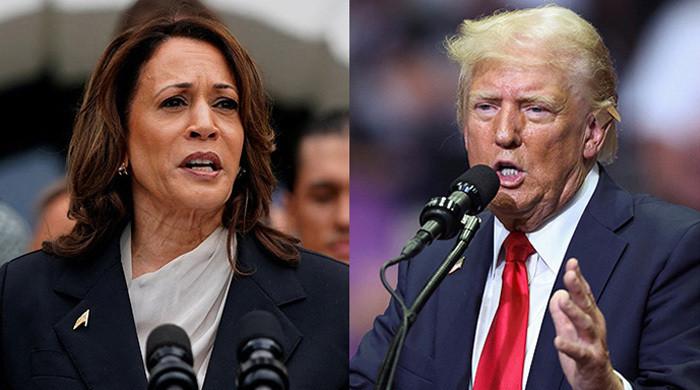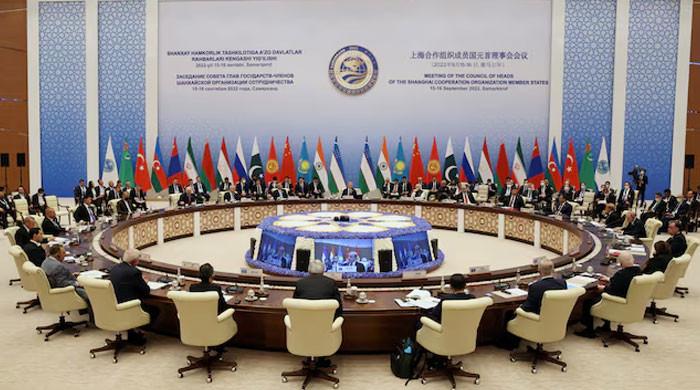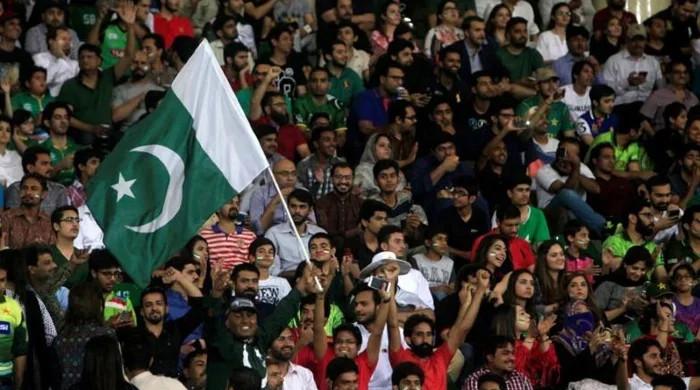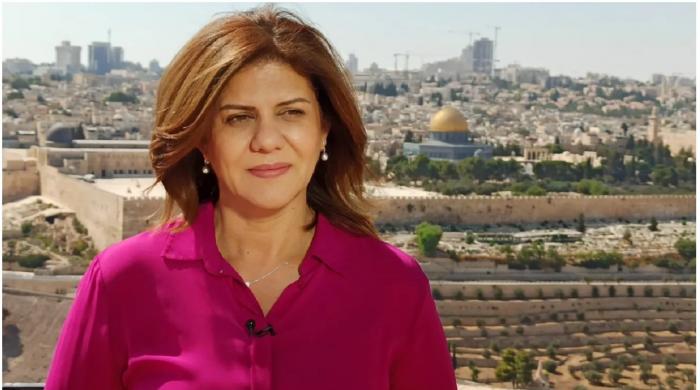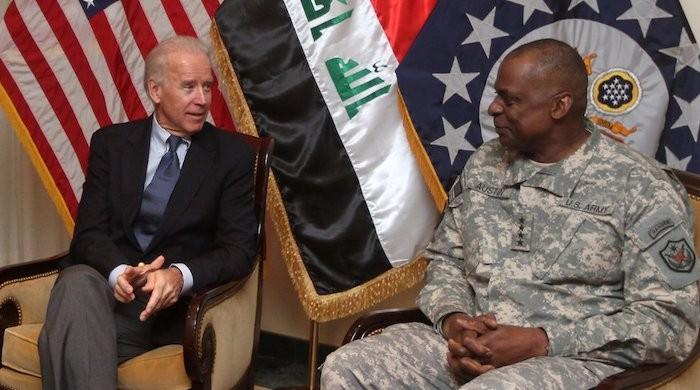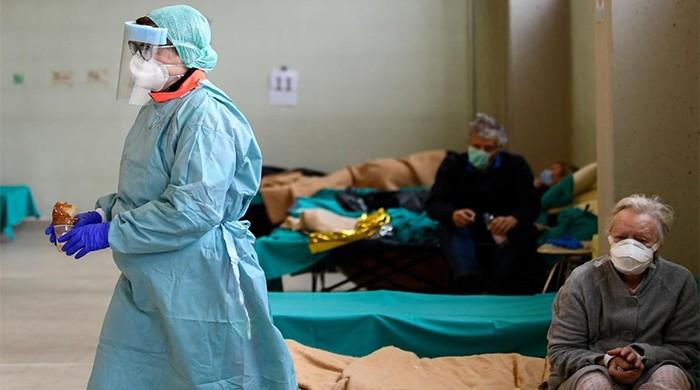A brighter future?
Pakistan has the talent and ability to escape the political and economic crisis.
January 05, 2023
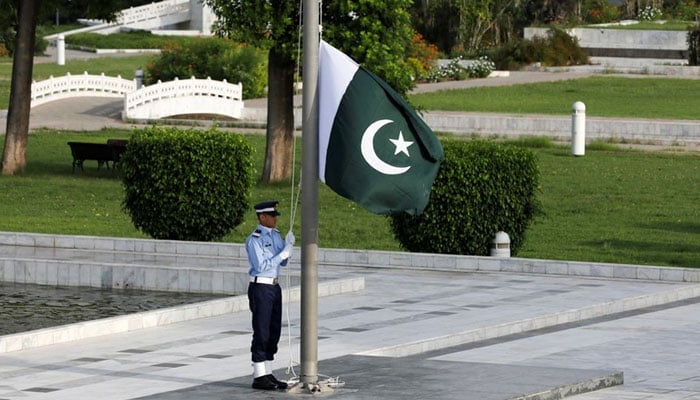
Sadly, the new year has brought a literal cloud of murky gloom in Punjab and a more symbolic mist in other parts of the country. Many wonder what the future is of a nation where the federal cabinet suggested at a pivotal meeting in Islamabad that 50% of street lights be turned off and markets closed by 8:30 pm. These may be useful measures had our situation not been so critical.
The real problem is that Pakistan is faced with a massive economic crisis, unable to pay back debt and almost certainly doomed to go back to the IMF programme with all its many hardships for the ordinary people who are already struggling to survive. Even the middle class and upper middle class have been affected. The wealthy who remain untaxed because they are landowners or have enormous influence continue to live lifestyles of luxury.
But, somewhere, a glimmer of light does flicker. We have Pakistanis with clear ideas on how the country's economy can still be salvaged, at least over time. After all, there is no reason why Pakistan should be exporting fewer cotton products than Bangladesh. Dr Atif Mian argues that only an increase in exports combined with other measures can help rescue forex reserves and put the country back in a situation where it can sustain itself. The more optimistic Dr Asim Ejaz Khawaja suggests that at the micro level, steps are being taken by the school teacher who holds additional classes each afternoon in an Islamabad park for children not going to school to remedy all that is wrong. His belief that education embraces the direction to a brighter future is a valid one and needs to be taken more seriously.
Rather than focusing primarily on religious education and the Single National Curriculum as is happening in Punjab, perhaps we need to see how we can enable lower-level private schools to improve the quality of education they offer and thereby bring more people into a net where they can be truly productive citizens of a country seeking a path out of the darkness. There is a need for persons of immense qualifications who have chosen to remain in the country. As people like Dr Pervez Hoodbhoy have suggested, there is also a need to build on liberal education encompassing a more truthful assessment of our history alongside improving science teaching from the school to the university level.
The sad aspect of Pakistan is that too many of its younger people are essentially apolitical. Most of those who graduate from the best schools do not consider a future within the country. The collapse of the Pakistani passport as an instrument which can offer opportunity and travel is just one factor. The state of the country and the widening idea that there is less and less hope, with the latest National Security Council meeting again suggesting a hybrid dispensation was moving slowly into place, deepens this view. The reality is that 65% of our population is aged under 30, with a large portion of it essentially apolitical, or apolitical, until Imran Khan appeared on the scene backed by his powerful supporters in the mid-2000s. Since then, he has become a kind of cult figure looked up to as a hero with his misogyny, abusive language and obsession with corruption beyond all else taken on board.
But there are persons in the country who can retain rationality and a natural vision. They include people like Jibran Nasir, Ammar Ali Jan, Mohsin Dawar and others who could, notably if they could combine forces in some fashion, offer a different and brighter future to the country. This collection of people should also draw in individuals such as Maulana Hidayatullah of the Gawadar Haq Do Tehreek, who has powerfully put forward the needs of the community and included many women and people from the lowest income backgrounds in his effort.
Pakistan then has talent and ability. Even in the political landscape, we have individuals able to put forward arguments that can offer hope and concern for the future. The team's performance led by Sherry Rahman at the COP27 Summit is just one example of this. There are others, and these individuals need to be utilised in the best possible way. The only way to achieve this is to ensure civilian politicians can progress and push forward democracy without intervention by other institutions. Institutions have done a huge amount of damage in the past in this way. This cannot be repeated.
Of course, in our current situation, we need good defence against external and internal elements, such as the TTP and the Afghan Taliban. But to achieve this, we also need the goodwill of politicians across the board. Most importantly, we must base leadership on merit, not a dynasty. Yes, some dynasties in South Asia may have produced superb leaders. But others, too, need to move into the political sphere.
Most importantly, we need ideological diversity. There is, at the moment, no real choice for voters in terms of what political parties have to offer. The demise of the Left began in Pakistan in the 1950s with the crackdown by Field Marshal Ayub Khan. It has continued since then. The partial revival of the Left in the early days of the PPP was crushed and trampled into the ground through the 1980s and the Zia era. We need to give people back what it offers and allow them to make real choices. This could inspire younger people to think about their future in Pakistan and work towards the country's regeneration.
We must remember that peasants, as well as labourers and blue-collar workers of all kinds, form a large part of this population. So do women, who constitute almost 50% of the country’s people. The fact that they do not reach the 50% mark or a number slightly higher than this, as in other countries, is simply a reflection of how we treat or mistreat girls and women. Women could play a huge role in economic development and social change. We need both of these to go together if there is to be any hope for the future.
Pakistan depends on its economic policy to seek handouts from China, Saudi Arabia and the UAE. There are more effective ways to run any state in the long term. New thoughts, new people and ideas need to be injected into a static state structure and virtually immobile society so that differences can be made. We can step back from the abyss on the edge of which we currently stand and move towards a situation that, at the very least, puts us on par with other countries in the region and builds foundations for an even brighter future.
The writer is a freelance columnist and former newspaper editor. She can be reached at:
Originally published in The News




